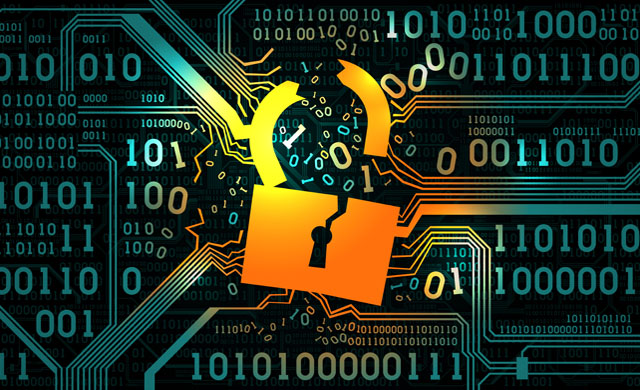
@ShahidNShah


To start with, MFA will ask a user-specific question after an attempted login, and the answer is typically not something hackers can generate on their own, making it a very effective tool for protecting data, even if the attacker has compromised user credentials.
Without MFA, healthcare organizations’ data is at high risk of hacking. Particularly during the coronavirus pandemic, credential theft activity has surged, and the costs of getting hacked are only increasing.
Nevertheless, with such high stakes, providers are still stalled at the same percentage of conformity to national security standards as last year, with less than half of them in compliance with the NIST security framework standard.
This enables them to invent complex, protective passwords without the fear of forgetting the password, as the passwords are managed directly on the workstation.
Continue reading at healthitsecurity.com
Providers around the country are grappling with administering the vaccine amid several hurdles. These include coordinating with state agencies and ensuring equitable administration of the vaccine. As …
Connecting innovation decision makers to authoritative information, institutions, people and insights.
Medigy accurately delivers healthcare and technology information, news and insight from around the world.
Medigy surfaces the world's best crowdsourced health tech offerings with social interactions and peer reviews.
© 2024 Netspective Media LLC. All Rights Reserved.
Built on Apr 23, 2024 at 3:40am